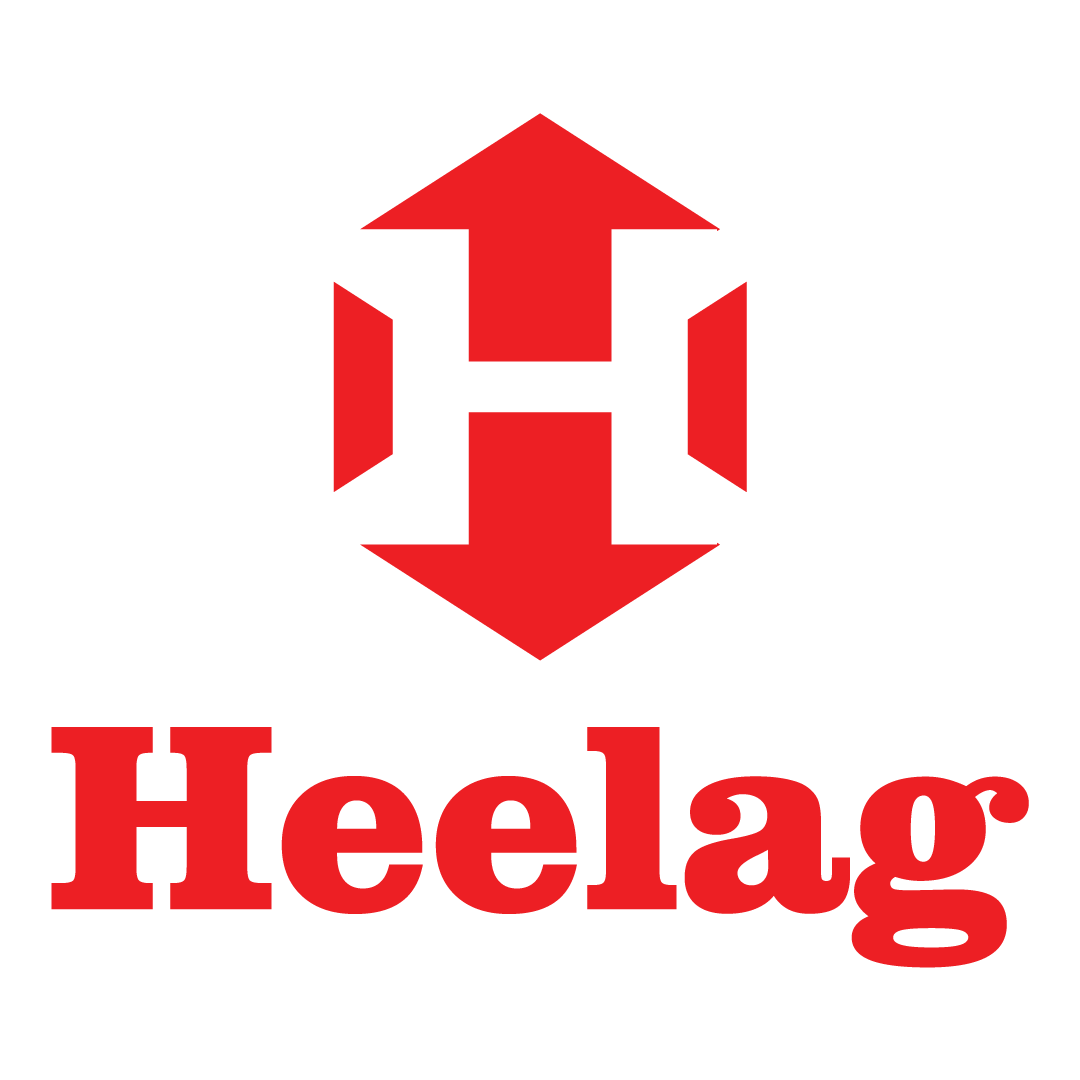Elevators are no longer just a convenience - they are a critical component of vertical mobility and safety in modern buildings. For construction builders and developers, installing elevators is a major milestone in project completion. But before signing off and taking handover from the installer, there is one crucial step that should never be overlooked: a third-party elevator inspection.
Whether you're developing a residential high-rise, commercial tower, or industrial property, a pre-handover inspection by an independent expert offers immense benefits in terms of safety, compliance, cost savings, and peace of mind.
Let's dive deep into why this step is essential and how it safeguards your investment.
✅ Key Benefits of Third-Party Elevator Audit Before Handover
1. ✅Ensure Installation Quality and Safety
A professional auditor verifies whether the elevator has been installed in accordance with national and international safety standards. This includes a comprehensive review of:
- Critical safeties like Automatic Rescue Device (ARD), manual evacuation etc.
- Safety gear and Overspeed Governors
- Car and Landing Door interlocks, Safety Circuits
- Emergency Brake systems
- Suspension means, Compensation means
- Pit access and Machine room conditions
- Electrical wiring, Earthing, and Overload protection and other features
🔒 This process highlights any shortcut, missing component, or compromise in installation before you accept responsibility.
2. ✅Avoid Taking Over Hidden Defects
Once the handover document is signed, you legally accept the elevator as-is. Any defects discovered later - whether mechanical, structural, or electrical - become your problem.
A third-party inspection documents the elevator's condition before handover, ensuring that all issues must be resolved by the installer at their cost.
3. ✅Start Free Maintenance from a Clean Slate
Most elevator suppliers provide a 1-year free maintenance (DLP - Defect Liability Period) contract after handover. But if the elevator has installation issues and breaks down, the supplier may blame misuse or environmental factors to avoid liability.
A pre-handover inspection ensures that:
- The elevator is in proper working condition from Day 0
- Any breakdowns during the free maintenance period are truly their responsibility
- You start the AMC period with clarity and confidence
4. ✅Ensure Legal and Statutory Compliance
Certain municipalities or states require documented safety inspections before issuing lift operation licenses.
A third-party consultant ensures:
- Your elevator complies with local and national regulations
- You have all necessary documents to apply for a lift license and occupancy certificate
- You avoid costly delays, rework, or legal penalties
5. ✅Protect Your Brand, Buyers, and Residents
An unsafe or malfunctioning elevator can lead to:
- Injuries or Safety Incidents
- Negative buyer reviews
- Legal claims or disputes
- Delays in occupancy
If you're a builder or real estate developer, this damages your brand and credibility.
A third-party audit ensures the elevators are:
- Safe for residents
- Smooth in operation
- Comfortable in ride quality
- Built as promised in your project specs
This builds long-term trust and reputation.
6. ✅Independent Support in Disputes with Installer
What if the installer denies fixing defects? What if you withhold final payment and the dispute escalates?
An independent inspection report serves as:
- Neutral, technical evidence
- Supportive documentation during payment negotiations
- A tool to enforce contractual obligations
- A valid input for legal or arbitration processes, if needed
📌 Why Pre-Handover Elevator Inspections Are Necessary
Let's take a closer look at critical checks done during a third-party audit:
🔹Safety Assurance
All essential safety systems are verified:
- Emergency brakes
- Alarm buttons, ARD, Manual Evacuation
- Door locks and sensors
- Buffers
- Emergency lighting and intercoms
These are non-negotiable for safe usage.
🔹Compliance Verification
The elevator is evaluated against:
- IS 17900
- NBC 2016
- OEM installation specifications
- Electrical safety standards
🔹Defect Identification
Common defects found during audits:
- Loose wiring
- Misaligned guide rails, Doors, Machine, Lift Car
- Damaged suspension ropes, CSB (Coated Steel Belt)
- Poor alignment of Car Safety gear
These must be addressed before handover.
🔹Performance Testing
The audit includes real-world performance checks like:
- Levelling accuracy at each floor, Lift cabin light illumination
- Door closing/opening speed and force
- Ride smoothness and cabin noise levels
- Brake slippage test and overload detection
- Final Limit Switch Test
- Safety Gear Action
🔹Documentation Validation
Essential elevator documents are checked:
- Load test certificates
- Warranty papers
- Operation & Maintenance (O&M) manuals
- AMC proposals
- Insurance and OEM declarations
🔹Dispute Prevention
The audit report serves as a clear reference in case of:
- Delays in license
- Post-handover breakdowns
- Installer claims that "everything was fine"
- Negotiations on payments or rectification scope
🔹Cost Saving
Identifying issues before handover ensures:
- Rectification is done by the installer
- No post-handover surprises
- Zero extra cost burden on the society or FM team
🔹Readiness for Usage
The inspection confirms the elevator is:
- Ready for use
- compliant
- Safe and smooth for passengers on Day 1
This enables hassle-free project handover to buyers or tenants.
🏁Conclusion: Don't Skip This Crucial Step
Taking handover of an elevator without a third-party inspection is like accepting a new car without a test drive or PDI (pre-delivery inspection). Once the handover is signed, liability shifts to you.
A third-party elevator inspection empowers you with:
Safety validation
Documentation proof
Quality assurance
Technical support
Compliance readiness
At Heelag Elevator and Escalator Consultancy, we specialize in conducting unbiased, detailed, and professional elevator inspections for builders, societies, and corporates across India.
Let us help you take handover confidently, safely, and legally.
If you found this blog insightful, please share it with your network. For more safety tips and updates, follow us on social media and join us in promoting safer elevator/escalator practices.
Your safety, Our Priority
